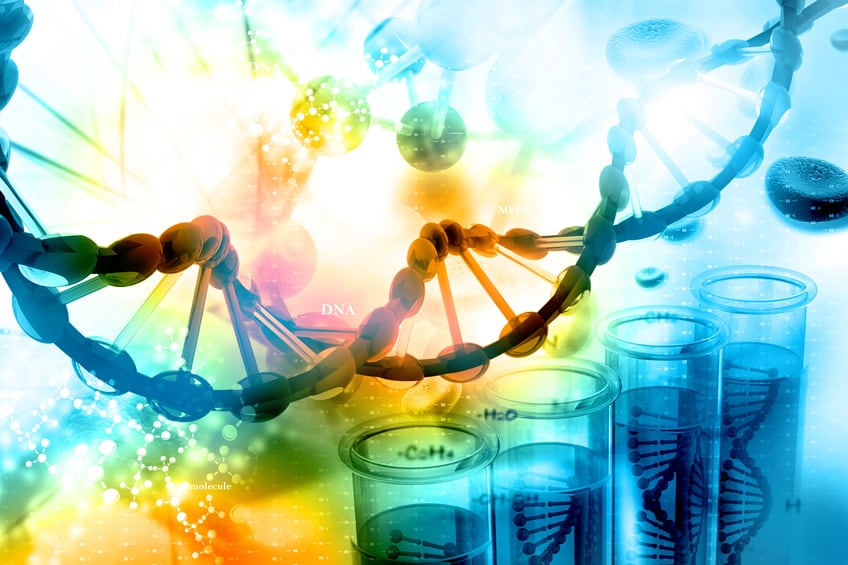An international team of leading scientists including researchers from King's College London, Massachusetts General Hospital and nutritional science company ZOE, studied 1,100 UK and US adults (60% twins) for two weeks.
They regularly monitored blood sugar (glucose), insulin, fat levels (triglycerides) and other blood markers in response to a combination of standardised and freely chosen meals.
The preliminary results, presented at the American Society of Nutrition and the American Diabetes Association conferences earlier this month, revealed a wide variation in blood responses to the same meals, whether they contained carbohydrates or fat.
This large variation is only partly explained by genetic factors (less than 50% for glucose, less than 30% for insulin and less than 20% for triglycerides) and there is only a weak correlation between an individual's responses to fat and carbohydrates.
Even identical twins who share all their genes and most of their environment often had different responses to identical foods. The study also finds that identical twins shared just 37% of their gut microbes - only slightly higher than the 35% shared between two unrelated individuals.
Surprisingly, the proportions of nutrients such as fat, proteins and carbohydrates listed on food labels explain less than 40% of the differences between individuals' nutritional responses to meals with similar amounts of calories. There are also large differences in responses to the same meals depending on the time of day they are eaten.
The results suggest that personal differences in metabolism due to factors such as the gut microbiome, meal timing and exercise are just as important as the nutritional composition of foods, supporting the idea that simple nutritional labelling is insufficient for assessing food.
ZOE is now using machine learning techniques to analyse this data and is developing a consumer test and app, to help people choose the right foods for their personal metabolism.
The team is also announcing a major expansion of its work in collaboration with scientists at Stanford and Tufts Universities. The next phase will recruit more than a thousand volunteers across the US who want to understand their own personal responses to food and contribute to cutting-edge nutritional science by taking part at home.
This research project was born out of the Twins UK Study - a unique 25-year investigation of health and lifestyle in 14,000 twins led by Tim Spector, Scientific Founder of ZOE, Professor of Genetic Epidemiology at King's College London and author of The Diet Myth.
Professor Spector said: "The sheer scale and detail of our scientific project is such that for the first time we can explore tremendously rich nutrition data at the level of an individual. Our results surprisingly show that we are all different in our response to such a basic input as food. It was a real shock to see that even identical twins have such different responses."
Dr. Andrew Chan, Professor of Medicine at Harvard Medical School and a gastroenterologist at Massachusetts General Hospital added: "It is reassuring that our genetic makeup only partially explains how our bodies respond to food. This underscores that our metabolism is not fixed - we have the power to change it. One exciting avenue is to tailor our diets to the bacteria in our gut that helps us metabolise nutrients."
Dr. Sarah Berry, Associate Professor in Nutritional Sciences at King's College London and Scientific Advisor at Zoe, said: "For the first time, we're expanding large-scale nutritional research beyond blood sugar. These findings show that the responses to food of a number of key metabolic markers - including triglycerides, insulin and blood sugar - are highly individualized. No one has been able to combine data on this scale before."
Jonathan Wolf, ZOE co-founder and CEO, adds: "For most of us, the food we eat is the most important medicine we take. And yet we are all profoundly confused about what is good for us. We believe that combining science and machine learning can solve this, by understanding for the first time our individual responses to food."

